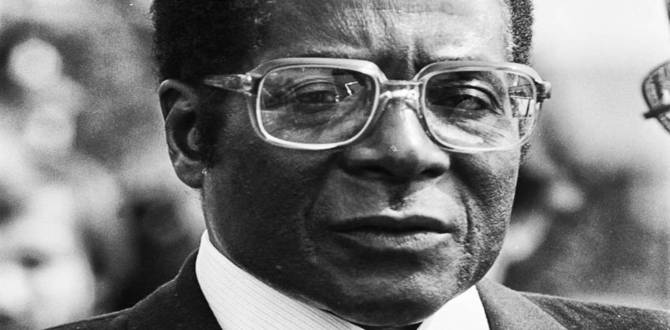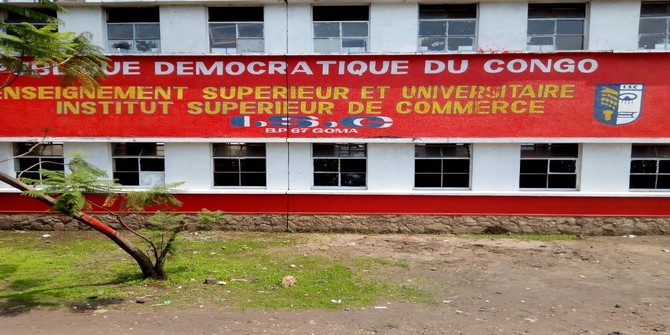While conducting research on post-conflict peace building interventions in northern Uganda, Francis Abonga is surprised to encounter a gunfight.
This article is part of our #LSEReturn series, exploring themes around Displacement and Return.
As northern Uganda continues to recover from the Lord’s Resistance Army (LRA) insurgency that ended in 2006, I had no idea some parts of the community are still experiencing gun battles until I visited Agoro sub county, located in the north-east of Lamwo District in northern Uganda. This was something I discovered while collecting data on post-conflict peacebuilding interventions using sport in Agoro.

Image Credit: Francis Abonga
Agoro sits on the border with South Sudan and is an underdeveloped, rural set up populated by members of the Acholi ethnic group. It lies against a beautiful landscape of rocks coupled with farm valleys which stretch across the hills. It all seems extremely peaceful. However, on the other side of the hill is a South Sudan tribe known as the “Lengi” who have a tense relationship with neighbouring ethnic groups.
As is usual on Sundays in Agoro, normal business was taking place in the trading centre, with prayers in the nearby church and, later in the day, football in the school grounds. However, in the evening, men from the nearby Lengi tribe crossed the border to raid cattle. While crossing the border with cattle stolen from the kraal, a drunk returning home spotted the theft and sounded the alarm, ululating and repeatedly shouting, “People you are sleeping, our cows are being stolen.” The community residents rushed out of their homes and notified soldiers once they had confirmed the loss of their cattle. The soldiers immediately pursued the thieves, shooting their AK-47s which resulted in a gunfight with the intruders returning fire as they made their way back to the other side of the hill.

The last time I had heard gunfire was during the war about 12 years ago. The gun fire in Agoro brought back a vivid memory of encountering rebel attack while running to hid in the bush as a child. I came out of my hotel room at 3am in the morning after overhearing the hotel owner talking to other guests in the garden. The initial gunfire lasted about 10 to 15 minutes. Then the gunshots intensified, presumably due to the involvement of the Uganda People’s Defence Force (UPDF) soldiers who had, I later learned, been stationed there to protect against this sort of thing.
In the end, 17 cows and 10 of the goats that were stolen were recovered. The following day a resident told me that four goats were still missing. What surprised me most was the calm among people in the trading centre. Perhaps this was more common than I realised. My informant told me that these used to happen quite often during the dry season and until relatively recently the Lengi raids had been successful. It could well be that the UPDF detachment being stationed in the sub county made the difference. It remains to be seen if their continued presence will be a sufficient deterrent in the future.
Find out more about the Politics of Return and our Trajectories of Displacement research projects, which are based at the Firoz Lalji Centre for Africa and funded by ESRC/AHRC.
Francis Abonga (@FrancisAloh) has a BA in Business Administration and Finance from Gulu University. He has worked on a number of research projects since 2012, including The Land Conflict Mapping Tool for the Acholi Sub-Region (UN Peace building Fund/Human Right Focus) and the joint Acholi sub-regional Leaders Forum Customary land survey (Trocaire/Democratic Governance Facility). Francis has also worked as a professional footballer having plied his trade in Uganda, Zimbabwe, Nepal and Vietnam.
The views expressed in this post are those of the author and in no way reflect those of the Africa at LSE blog, the Firoz Lalji Centre for Africa or the London School of Economics and Political Science.





